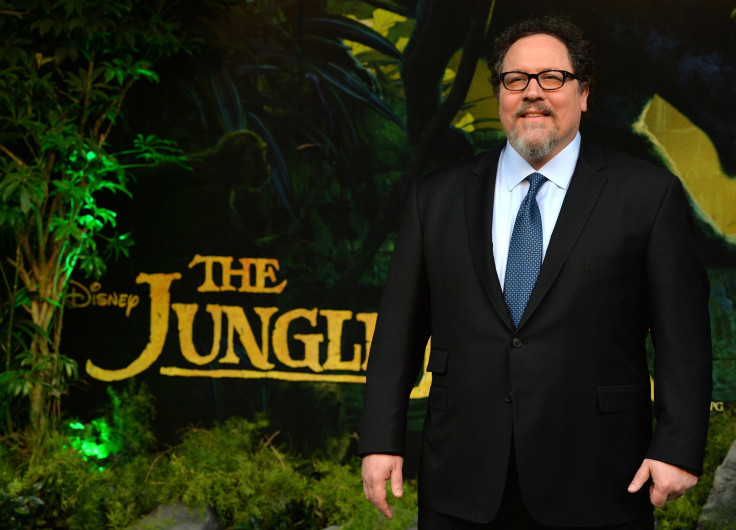‘Jungle Book’ Roars At China Box Office, Putting Disney On Pace For A Record Year

LOS ANGELES — Welcome to the jungle, where Disney’s got fun and games, and Chinese moviegoers can’t get enough of them.
Director and producer Jon Favreau’s “The Jungle Book,” a computer-generated imagery and live-action adaptation of Rudyard Kipling’s collection of stories, romped to a more than $50 million opening in China over the weekend. That came just days after “Zootopia” became both the highest-grossing animated film and Disney movie ever to play in China. And “Captain America: Civil War” scored a day-and-date May 6 release and should roll to a huge number, based on fawning reviews and an audience that can’t get enough of the Marvel Cinematic Universe (MCU).
All that gives Walt Disney a real shot at becoming the first U.S. studio to make $1 billion in a single year at the Chinese box office. As Forbes contributor Rob Cain calculated, assuming $200 million for “Jungle Book” and $250 million for “Captain America” — both hardly aggressive estimates — would put Disney’s slice of the Chinese box office at almost $700 million in just the first half of the year. Among the Chinese film executives whose frustrations in their movies’ inability to travel well has led to some recent salty statements, the Mouse House romping through 2016 will only up the aggravation.
Considering the films it has slated for the rest of the year, the path appears favorable for Disney to hit that milestone. June’s “Finding Dory” is the sequel to 2003’s “Finding Nemo,” which grossed almost $556 million at foreign box offices despite not playing in China, back when the country’s box office was a fraction of the size it is now. However, the movie did make $4 million in Hong Kong, and the Chinese audience’s voracious appetite for Disney animated fare should ensure “Finding Dory” makes plenty of cash there.
Another film in the MCU, “Doctor Strange,” is set to come out in November and looks to be a pretty safe bet to do well based on the simple fact that it’s a Marvel flick. The movie may have missed an opportunity, though — the titular character’s sidekick Wong is played by British actor Benedict Wong instead of a Chinese star.
And while the global smash hit “Star Wars: The Force Awakens” put Chinese audiences comparatively unfamiliar with the franchise to sleep, it still made $125 million there despite being released more than three weeks later in China than basically every other market. “Rogue One,” coming out in December, should do better. It’s a standalone story that takes place in the “Star Wars” universe, so it requires less institutional knowledge to appreciate. Maybe more important, it also features Chinese film stars Jiang Wen and Donnie Yen.
Disney shouldn’t begin planning its victory lap just yet — only 34 foreign films are allowed into China each year by the country’s film censors, and with those censors attempting to ensure homegrown fare gets about 55 percent market share, anything can happen. However, Disney CEO Bob Iger has been traveling to the nation for 15 years working on the theme park and has deep relationships there.
But Disney does look to have the right stuff for a Chinese moviegoing audience that trends younger and likes action and bright colors, as opposed to deep character development and dialogue that can lose a lot of its effectiveness in a different language. And maybe it’s because animation and cartoons can soften any message, but the country’s censors seem to give those kinds of films a little less scrutiny.
“Zootopia” has a pretty straightforward social justice theme, which is not necessarily what Chinese film censors want to propagate, but it made it through the gates. And it’s not being redubbed to totally defang the message. Like “The Jungle Book,” “Zootopia” is playing in English with Mandarin subtitles in the multiplexes of Shanghai and Beijing. But the box-office bonanza Disney is reaping from them needs no translation.
© Copyright IBTimes 2024. All rights reserved.





















